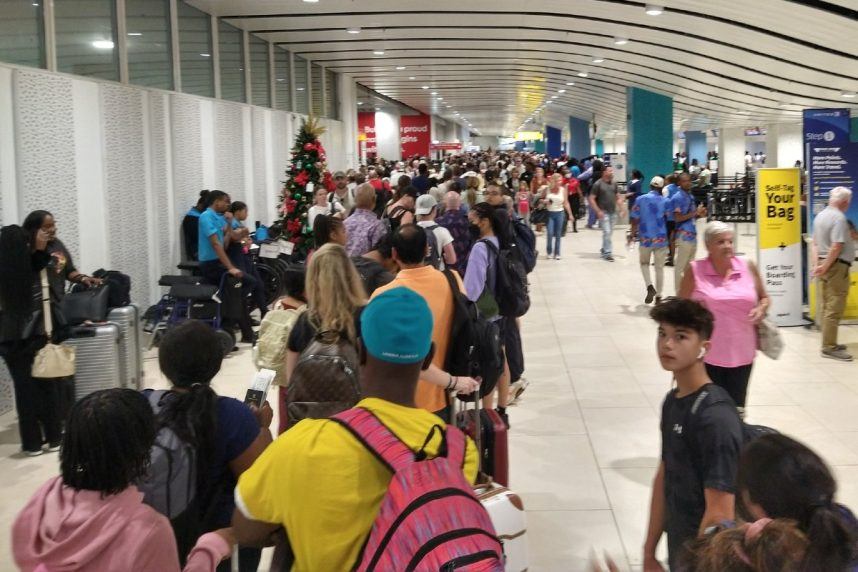A recent report into adult gaming centers (AGCs) has raised serious concerns over their impact on some of the country’s most disadvantaged communities.
North London MP Ms Butler described the findings as “deeply concerning,” noting that around a third of AGCs are concentrated in the poorest 10% of neighborhoods.
Brent As a Case Study
The study, published by the Social Market Foundation (SMF) at the end of last month, examined the spread of AGCs across England, using Brent, one of London’s most economically deprived boroughs, as a case study.
Brent also has one of the highest concentrations of gambling premises, particularly in Harlesden, Wembley, and Kensal Green, with rates of gambling-related harm already exceeding the national average and costs linked to it rising sevenfold since 2012.
Dr James Noyes, a senior fellow at the SMF and also one of the report’s authors, argued that AGCs “risk encouraging gambling amongst children and young people” while “potentially encouraging crime.”
Noyes added that despite objections expressed by local communities, councils continue to be “essentially powerless” in their attempts to stop new premises from seeing the light of day.
The report is based on a combination of legislative analysis, interviews with frontline workers, residents, and retail staff, as well as site visits and surveys of 348 Brent residents and business owners.
“Aim to Permit” Rule
Key findings include a 7% rise in AGCs nationally between 2022 and 2024, with many opening in already disadvantaged areas. Residents interviewed voiced concerns over the sheer number of venues and their limited benefits to the community.
A central obstacle is the “aim to permit” rule, which restricts local authorities from refusing license applications. Ms Butler argued that this rule undermines the Government’s wider objective to prevent gambling harm.
Ms Butler wrote in the report: “Scrapping the Aim to Permit rule, among other measures, would ensure local communities are empowered to make a choice on the role that gambling plays in the make-up of their High Streets, and protect some of the most vulnerable in society from exploitation and harm.”
The SMF makes six recommendations, including giving councils greater licensing powers, involving public health directors in the licensing process, reviewing license classifications, increasing fees, clarifying enforcement responsibilities, and removing the “aim to permit” rule.
Councilor Mili Patel, Deputy Leader of Brent Council, explained that they have already asked for “a set of urgent reforms to put pride back” into their “ailing high streets” while restoring “local democracy” and helping communities take back control of their destiny.

 6 hours ago
19
6 hours ago
19















